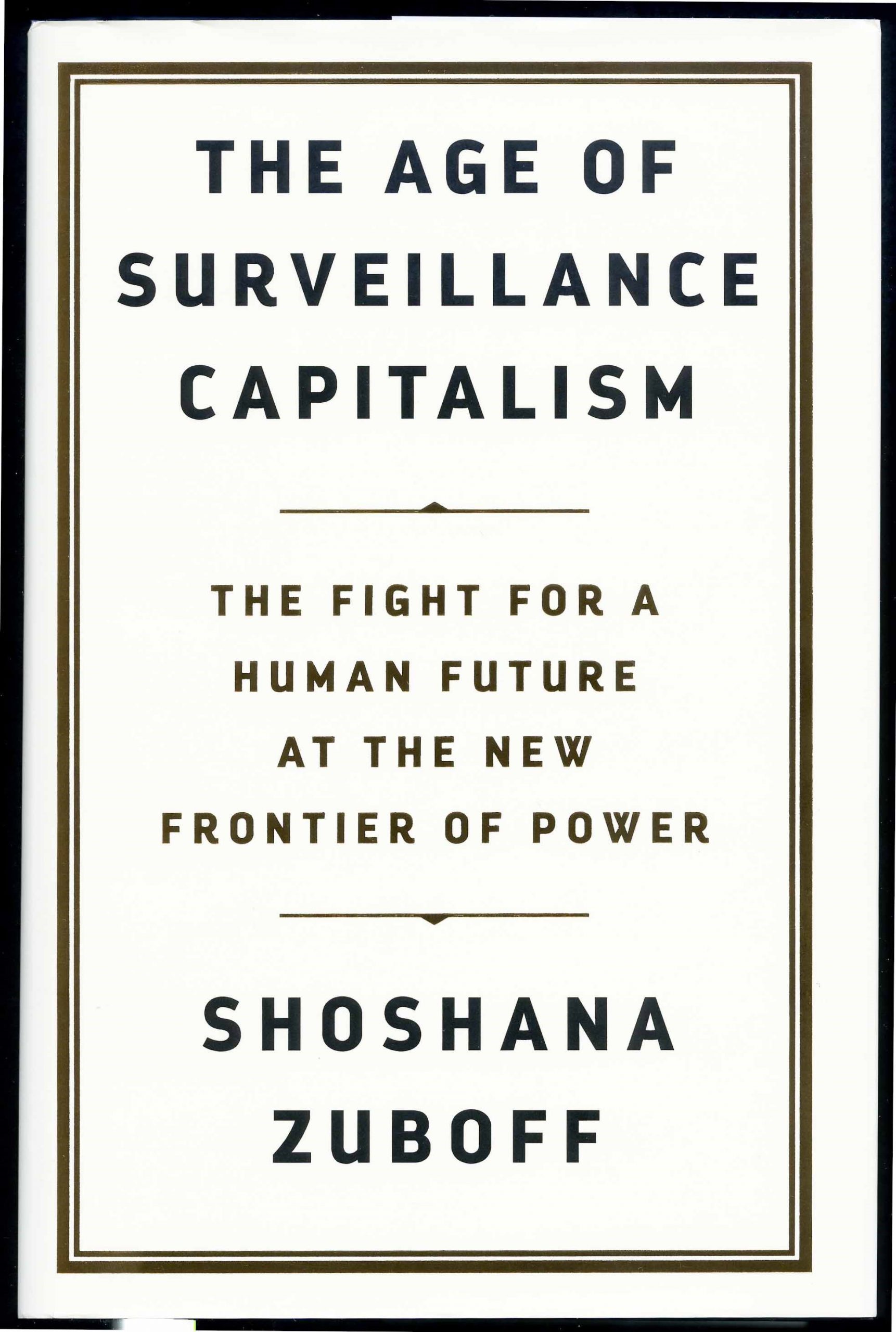

Finally, these prediction products are traded in a new kind of marketplace for behavioral predictions that I call behavioral futures markets. Although some of these data are applied to product or service improvement, the rest are declared as proprietary behavioral surplus, fed into advanced manufacturing processes known as “machine intelligence” and fabricated into prediction products that anticipate what you will do now, soon, and later. Surveillance capitalism unilaterally claims human experience as free raw material for translations into behavioral data. On page 8 under the heading “What is Surveillance Capitalism,” Zuboff describes this new world, Zuboff spends little time getting to the meat of the argument. What follows are my thoughts on the first part dealing with the definition. This year I am going to read the book and then post raw notes and comments on the book. In just a year, her term, surveillance capitalism, has become a dominant mode of analysis. Shoshana Zuboff’s book “ The Age of Surveillance Capitalism” set a new tone in tech analysis since it was published in January of 2019. Zuboff’s definition of surveillance capitalism in "The Age of Surveillance Capitalism" commits a category error, a crucial misstep in understanding platform technologies


 0 kommentar(er)
0 kommentar(er)
